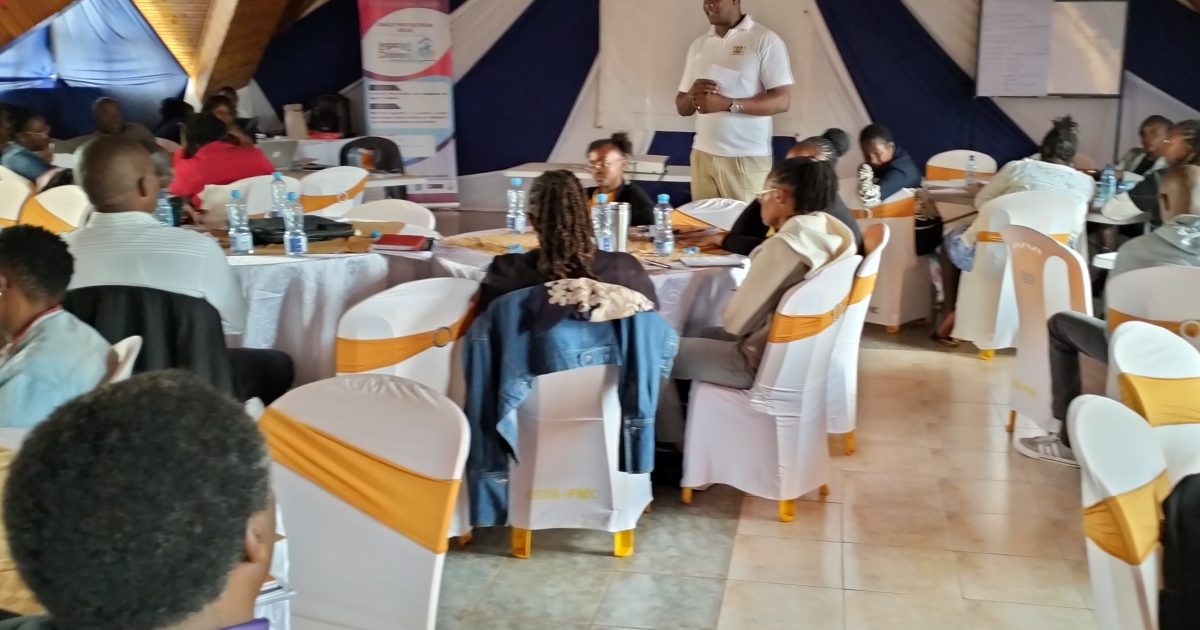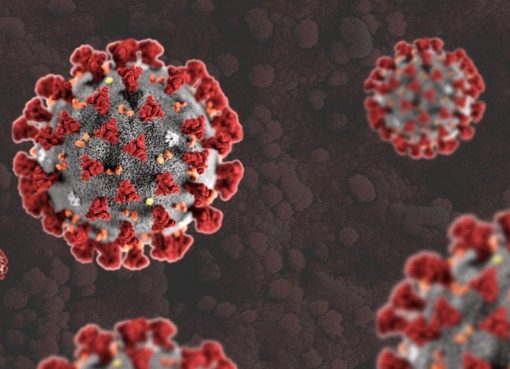Leaders of various Charitable Children Institutions (CCIs) in Murang’a have been trained on how to embrace and implement the government’s directive on transitioning to child welfare programmes.
The government, through the Children Act 2022, is working to have all children hosted by CCIs be integrated and brought into family and community-based care by 2030.
In the training sponsored by WezaCare Solutions, the Catholic Dioceses of Murang’a, and the Legacy4 Children organisation, the CCI leaders were identified as key players in transforming the children’s homes and adopting child welfare programmes as required by the law.
Leading the training, WezaCare Director of Consultant Cornel Ogutu explained that the transition will be done in three phases, namely, learning and decision-making, preparing for the transition, and implementing the transition.
Phase one, Ogutu noted, focuses on aligning the CCI leaders to fully comprehend the rationale and benefits behind transitioning their model of care from institutional care to family- and community-based care.
“In phase two, the leaders of CCIs will develop strategies, plans, activities, and budgets to ensure a smooth and successful transition towards family and community-based care services.” He highlighted.
Ogutu remarked that some children have already been integrated with families, adding that by 2030, the CCIs will move to support the children while in family and community-based care.
“In the training, we are bringing on board all stakeholders in the children’s sector, and we anticipate the complex transition from CCIs to child welfare programmes will be successfully done.
“The Children Act 2022, directs all children hosted by CCIs to be integrated and brought up in family based care,” stated Ogutu on Friday.
In Kenya, the director noted there are about 700 charitable children’s institutions which host more than 15, 000 vulnerable children.
He termed poverty, gender-based violence, and marriage breakage as some of the major factors which cause children to escape from their homes and live in the streets, thus finding themselves at children homes.
“As we focus on transition, we also urge the financiers and supporters of CCIs to now have a different structure of supporting these children while at family and community-based system care.,” he averred.
Ogutu further explained that by supporting families to care for their children, it can strengthen family ties, promote community development, and reduce the burden on institutional care.
“This approach can ultimately lead to a more sustainable and effective system of care and protection for vulnerable children and families.” He added.
Murang’a County Children Officer Peter Nzeva divulged that there are 12 children’s homes in the county, and their leaders have supported the government in the transition to family-based care.
He said that they have managed to integrate 102 children from CCIs into their families since August last year.
“The CCIs in the future will play a key role in supporting vulnerable children while in family and community-based care. In the transition process, we are working with various stakeholders to make the exercise successful,” he added.
By Bernard Munyao





